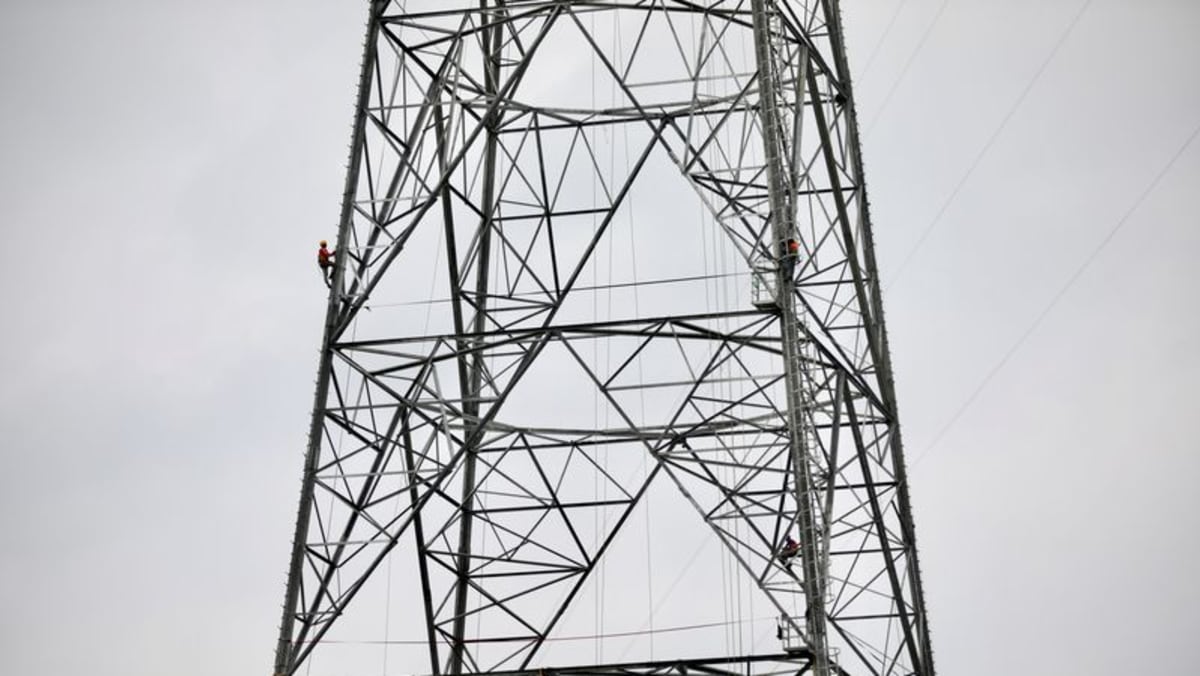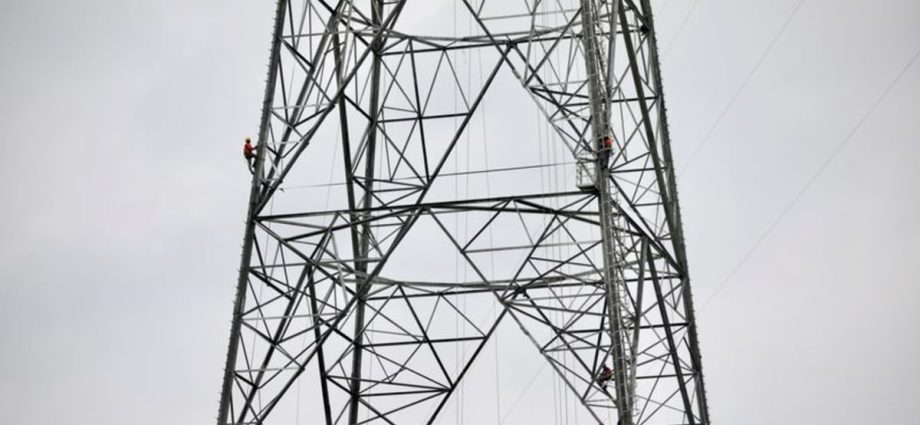
DHAKA: Cash-strapped Bangladesh shut its biggest power plant on Monday (Jun 5) because it was unable to afford the coal to fuel it, as a sweltering heatwave creates surging electricity demand.
The 1,320-megawatt government-run Payra Power Plant in southern Bangladesh had already slashed production last month due to fuel shortages, but it was forced to go a step further on Monday, manager Shah Abdul Mawla told AFP.
“Due to the coal shortage, the plant came to a complete shutdown at 12.15pm today,” Mawla said, adding that he hoped production could be restored within three weeks when coal shipments arrived.
Bangladesh is struggling against a depreciating currency, with foreign exchange reserves slumping from US$46 billion in January last year to US$30 billion at the end of April this year.
The official inflation rate is around 9.9 per cent, but independent economists say the real figure is substantially higher.
The country has faced nationwide blackouts of up to five hours a day in recent weeks as a heatwave sweeps across the country, creating surging demand for power.
Bangladesh recorded a temperature of 41.1 degrees Celsius on Monday, with the government closing primary schools until Thursday in a bid to combat the heat.
Power Grid Company of Bangladesh spokesperson ABM Badruddoza Khan said the country had experienced a “2,500 MW shortage of electricity in the national grid”, compared to 2,200 MW a day earlier, with daily demand around 16,000 MW.
Minister for Power Nasrul Hamid said that the situation “may remain for another two weeks”.
“We can’t provide coal, gas and fuel sufficiently,” he told reporters, blaming “economic factors” including securing letters of credit.
The frequent power cuts have drawn criticism from opposition parties.
“The entire country is almost without electricity. People are getting sick in extreme heat,” said Ruhul Kabir Rizvi, a senior leader of the main opposition Bangladesh Nationalist Party.
The power losses threaten Bangladesh’s crucial apparel sector that accounts for more than 80 per cent of its exports and supplies retailers such as Walmart, Gap, H&M, VF, Zara and American Eagle Outfitters.
The loss of those exports will exacerbate issues around its dollar reserves, which have plunged by nearly a third in the 12 months to end of April to a seven-year low, and limited its ability to pay for fuel imports.
The Bangladeshi taka depreciated about 25 per cent against the US dollar last year, driving up the cost of fuel imports and power utilities.
Last February, the International Monetary Fund signed off on a US$4.7 billion support package for Bangladesh.

